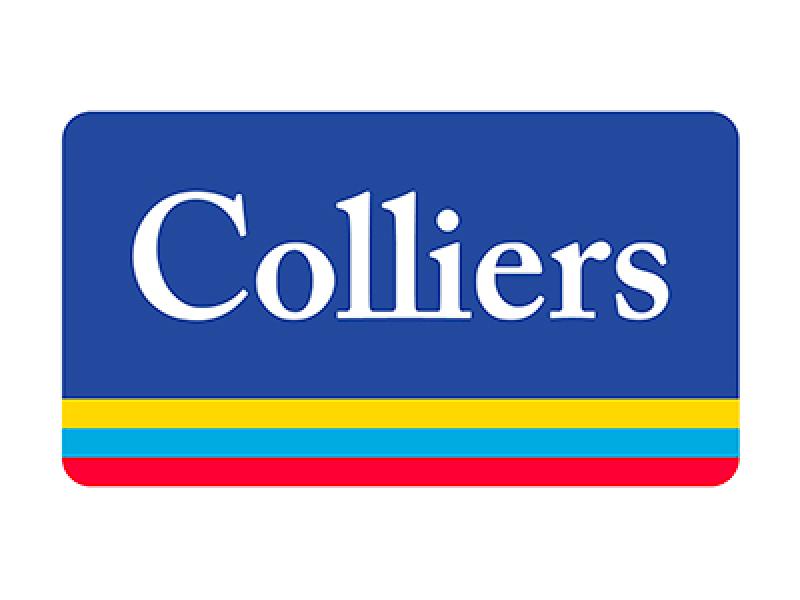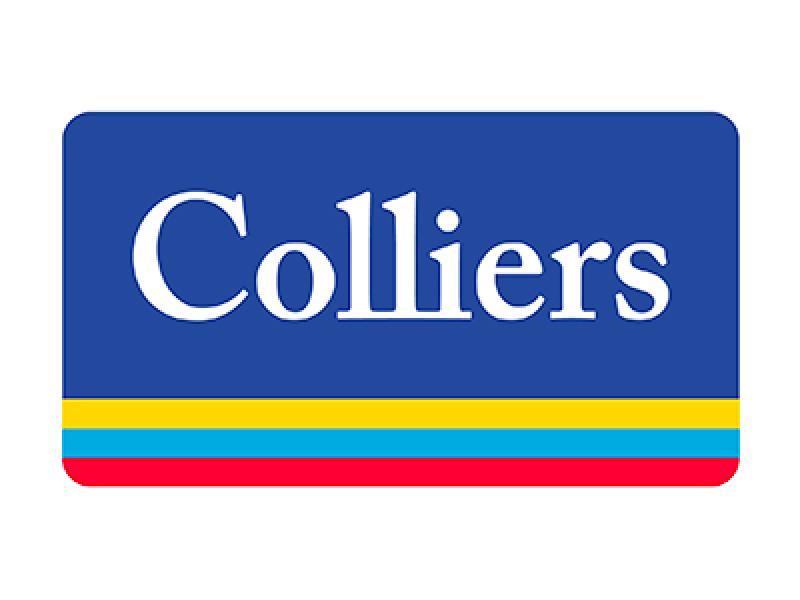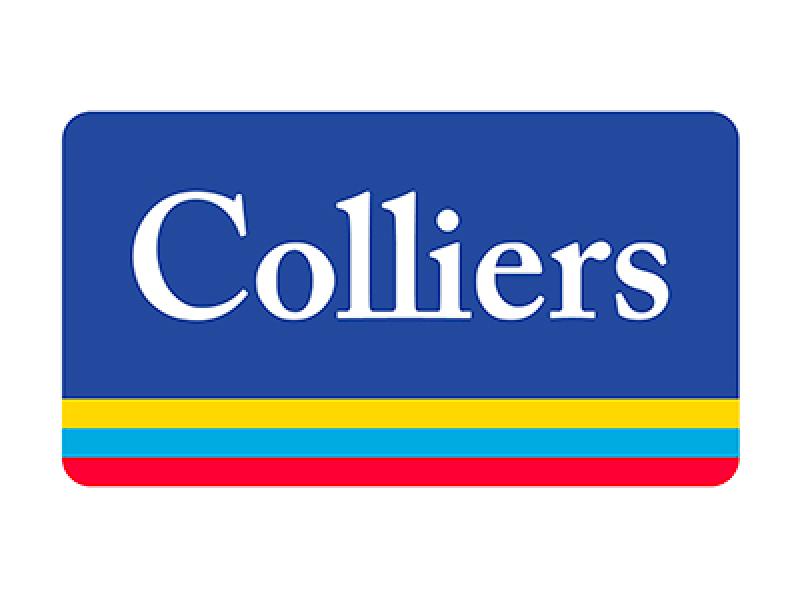
Nick Dauphinee, Executive Managing Director and Head of Occupier Services Canada at Colliers, has witnessed firsthand the transformation of the commercial real estate industry over the past two decades.
In this conversation, he shares insights on everything from the changing role of account management and lease administration to how AI is reshaping the future of occupier services.
You've been with Colliers for several years. How has the role of Occupier Services evolved during your time here?
The transformation has been pretty fundamental. We've shifted from being multi-market transaction brokers chasing lease expiries to becoming an account-led, integrated multi-service real estate provider. It's really about adopting an advisor-first mentality and being problem solvers rather than order takers.
Our clients are demanding more from their service providers, and rightfully so. They want us to leverage best practices, understand their businesses as well as they do, and educate our broker partners about the specific challenges they face. It's about bringing proactive solutions and real value, not just responding to immediate needs.
What sets Colliers' approach to Occupier Services apart from others in the industry?
It comes down to our people. We have really experienced Account Managers ranging from 20 to 35 years in the industry who are dedicated resources to our clients. These are partnerships built on a deep understanding of our clients' businesses and their industry sectors.
Our approach is methodical. We start with a discovery phase to understand our clients' goals and objectives, then pivot to delivery and process improvement while leveraging best practices. Next comes metrics and measurement to keep everyone on track, and finally strategy and alignment to ensure we're serving both the micro and macro level incorporating their long-term objectives.
We also do our best to match our team members' skills and personalities to create what we call a "superteam" for each client. This approach has earned us recognition globally and nationally for our outsourcing capabilities, including awards for size and growth, innovation programs, and even making Forbes' Best Places to Work list.
Lease Administration isn't always at the forefront of occupiers' minds. Why does it matter more than most people think?
Lease Administration is really the foundation of everything else. It starts with accurate data and insight into a client's overall real estate operations and obligations—that's the first step to managing a well-oiled portfolio.
When you deploy an effective Lease Administration program, you're reducing costs, minimizing risk, and providing critical insight to drive decision-making. Our team specializes in the details and commits to delivering accuracy—we maintain a minimum 99% accuracy rate when managing clients' leases.
But here's the thing: when our clients invest in a professional lease administration platform, they're ensuring they're being charged accurately for their space, for their share of common areas, and that they're meeting their lease obligations correctly. They're also tracking critical dates like lease expiries and options. All of this builds the foundation for future real estate strategy and helps drive tenant-friendly, market-competitive deals.
How are data and insights shaping the way companies make real estate decisions through your Consulting and Technology Services?
Technology is streamlining processes, improving decision-making, and enhancing communication among stakeholders. By automating routine tasks and leveraging AI, our account managers can focus on strategic challenges, which improves both operational efficiency and overall project delivery.
We find that all our corporate clients require extensive data points to justify and make decisions, which is why Colliers invested in our market-leading platform. Our technology integrates with over 30 Lease Administration and IWMS solutions, and we've integrated over 75 data sources through Colliers360, our business intelligence dashboard and analytics solution.
We work with everything from ProLease and CoStar Manager to Oracle, SAP, Manhattan, Archibus, Visual Lease, Yardi, MRI, and even internal client-developed systems. The goal is to meet clients where they are technologically.
Colliers has built an integrated approach that brings all five service lines under one roof. How does this create better outcomes than the traditional fragmented approach?
Our Occupier Services model is built on a proactive advisory approach, so it's essential for all data and tools to be accessible in one source and under one team. This drives efficiency and maximum value for our clients.
When you have subject matter expertise across Tenant Representation, Project Management, Lease Administration, Consulting, and Technology Services working in a coordinated way, you get forward-thinking strategies and idea creation that you simply can't achieve with a fragmented approach.
There are practical benefits too. We can offer competitive-cost services because of our economies of scale, as well as bundling other value-add services our clients require. It's about creating a comprehensive solution rather than forcing clients to manage multiple vendor relationships.
Looking ahead, what do you see as the biggest opportunity or challenge for occupiers over the next five years?
AI and automation represent both the biggest opportunity and the biggest challenge we're facing. AI will fundamentally change how we access data, use data for decisions, and analyze high volumes of information to make recommendations. This will drive significant efficiencies and reduce reliance on manual processes.
But it doesn't come without challenges and risks. There are a lot of great ideas and concepts in beta right now, but it remains to be seen how effectively they can be implemented and how occupiers will actually accept and adopt machine learning technology.
My personal concern is ensuring we maintain accuracy while embracing innovation. How do we ensure technology and AI systems are error-free? While 100% reliance on automated systems without human fact-checking, for example having humans actually read leases, still creates risk, and the potential for transformation is enormous.









